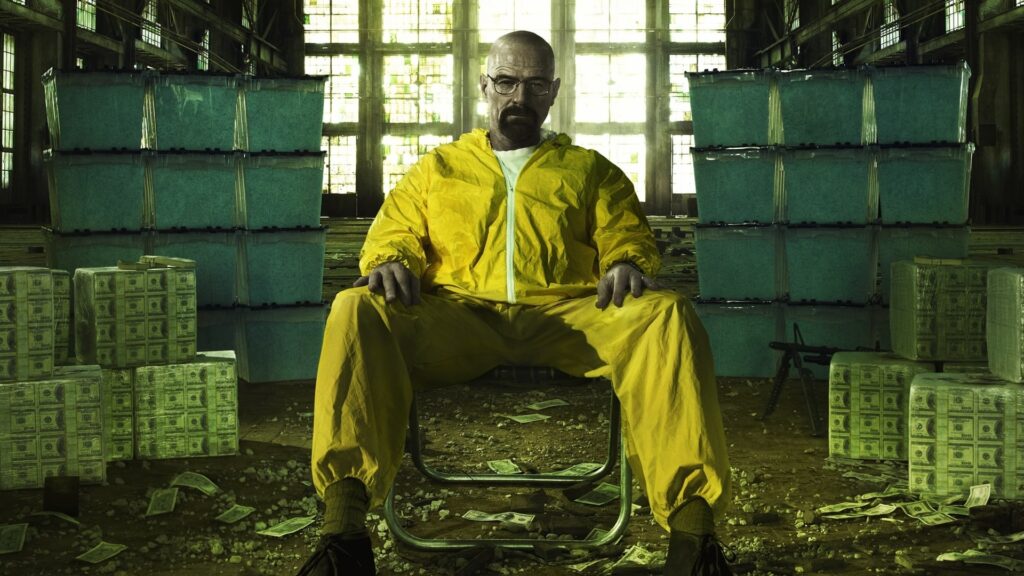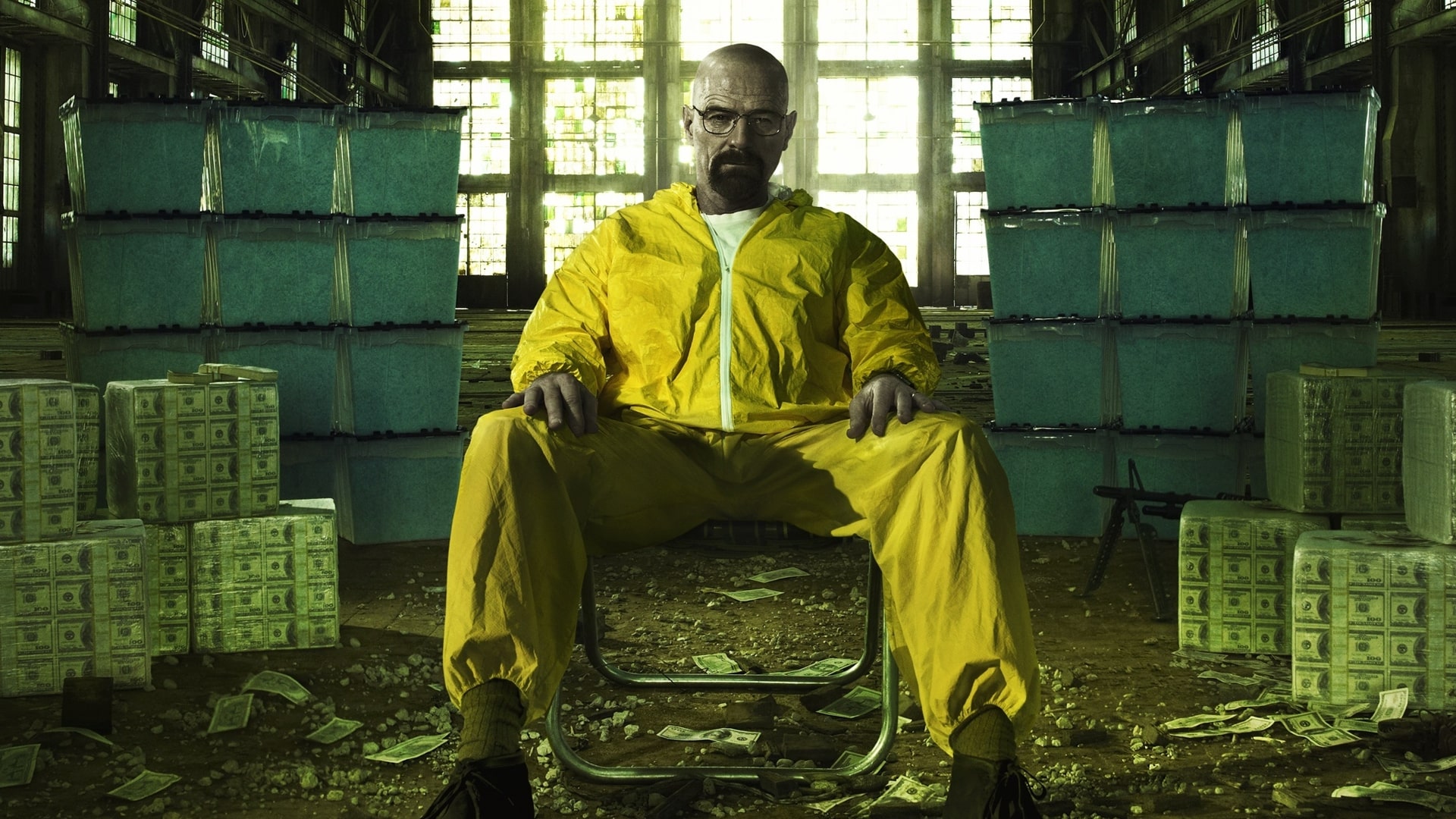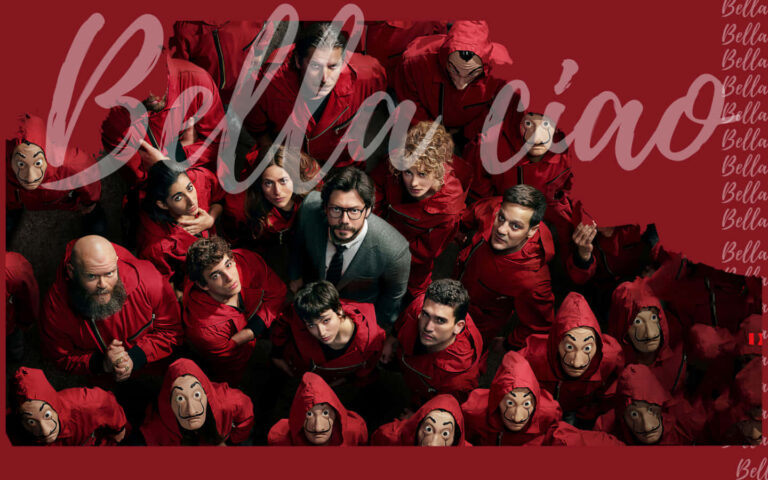Let’s cut right to the chase: few things divide TV fans more easily than a series finale. Some wrap us in comfort like a warm blanket, others yank the rug right from under our unsuspecting feet. You rant, you rage, or you wind up in a puddle of bittersweet tears on the couch. But what’s at play when a finale earns a standing ovation (or rotten tomatoes)? Well, my friend, buckle up and grab your popcorn. We’re going deep into the vault of TV highs and lows to see exactly what it takes for a show’s last hurrah to land just right — or epically implode.

Mastering the Grand Goodbye: What Makes a Finale So Darn Good?
So, what’s the special sauce that separates a culinary classic from a burnt casserole? The answer is usually pretty simple, but not always easy to execute.
1. Finishing the Character Arcs
Look, if we’ve spent six, seven, or ten years watching fictional people grow, change, and make bad decisions, we want pay-off. Take Breaking Bad. Vince Gilligan didn’t just give us a clever crime saga; he handed us a final episode (“Felina,” aired September 2013) that brought Walter White’s journey straight to the boiling, tragic point he’d been headed for all along. Walter accepts responsibility, saves Jesse from slavery, and finally dies on his own terms — totally fitting for a man who declared, “I did it for me.” Nobody called it cheap, nobody called it lazy. Just classic closure.
On the other hand, let’s not forget The Wire. The crime drama wrapped in 2008, refusing to tie every string into a neat little bow. Why? Because life in Baltimore is messy, complicated, and ongoing. Omar might get got, but the game rolls on. This open but honest ending matched the show’s tone and left fans nodding — because it felt real.
2. Keeping the Tone Steady
Ever start a tearjerker and end up with a stand-up routine, or vice versa? Not cool. MASH’s curtain call in 1983 still reigns as one of TV’s most-watched farewells. Funny moments mingled with utter heartbreak, just as it had for eleven years. Hawkeye’s breakdown? Those final, teary goodbyes? All of it fit perfectly. No wild genre swings here.
But hey, tone doesn’t mean “safe.” Six Feet Under managed pure emotion and inventive storytelling with its final montage, careening through the future deaths of every Fisher family member. Somehow, it felt cathartic rather than grim — proof you can experiment if you respect your own show.
3. No Wild Gimmicks on the Way Out
Let’s keep it real: nobody wants to feel tricked after investing hundreds of hours in a universe. The Wire took pride in that — David Simon’s team refused to press the “reset” button. Instead, they showed systemic problems outliving the characters we’d grown attached to. No last-minute time travel, no “it was all a dream.”
Contrast that with series like Lost, which, despite its cultural impact, left audiences scratching their heads in 2010. All those years, clues, and cryptic numbers, and the grand solution? Some sort of purgatory that raised more questions than it solved. A little clarity would have gone a long way.
How to Absolutely Tank a Finale: Pitfalls and Tripwires
Sometimes it all crashes and burns. And when it goes wrong, it usually follows a clear pattern.
1. Trying to Wrap Everything in Record Time
Remember Game of Thrones? Of course, you do. For years, it stacked up intrigue like it was hoarding for winter. But when the final lap arrived in 2019, the writers floored it. Character arcs? Smushed. Plotlines? Flattened. Daenerys Targaryen went from “breaker of chains” to “Mad Queen” in the time it takes to order a pizza. The world groaned in unison. Even Emilia Clarke, who played Daenerys, admitted to Variety she felt kind of bummed by the end result (Variety, 2019).
You just can’t rush a master plan. In fact, you shouldn’t.
2. Trampling the Core Logic
Every TV show sets its own rules. Betray them, and fans will notice. Enter How I Met Your Mother. The sitcom spent nine wild seasons selling Ted’s love story and building up the mysterious mother, only to kill her off in the final moments. Ted runs back to Robin, the woman he’d spent ages learning to move past. Fans petitioned online, demanding a redo; Reddit nearly exploded with rants. The whole journey felt for naught (HuffPost, 2014).
Or take Dexter, the serial killer with the most baffling sense of ethics on television. After evading fate at every turn for eight seasons, he flees to become — wait for it — a lumberjack. The internet responded with memes, mockery, and confusion. Showtime even brought him back in 2021 to try to fix things, but that log-chopping image stuck (Variety, 2021).
3. Creating Ambiguity for Ambiguity’s Sake
A little mystery is fine. But ending with an ellipsis, just for the heck of it? Risky business.
The Sopranos went out with perhaps TV’s most infamous blackout. Tony, Carmela, Meadow — everyone in a booth, Journey blaring, and then…nothing. Cut to black. For weeks, viewers argued: was it art, or did David Chase lose his nerve? Some loved the ambiguity; others wanted closure so badly they spent years reading interviews with Chase for crumbs (Rolling Stone, 2015). No clear answers arrived.
Let’s Relive Some Infamous Fails (And Secret Successes)
- Seinfeld invited back everyone George, Elaine, Jerry, and Kramer ever annoyed, put the gang in jail, and told thirty-five punchlines too many. Critics split down the middle, but many fans walked away aghast at the show’s mean streak.
- Lost lost the plot (pun so very intended) in its final hours, opting for spiritual symbolism over concrete closure. Even Terry O’Quinn (John Locke himself) admitted in 2021 interviews that he didn’t get it, either (EW, 2021).
- Six Feet Under, meanwhile, dared everyone not to cry. The final montage revealed how every character’s journey ended, jumping decades into the future. It worked because it stayed true to the vibe — melancholy, tender, strange, and honest. Few complaints floated across the web after that one (The Guardian, 2021).
And let’s give credit where it’s due. Parks and Recreation managed to close with a smile, spotlighting each character’s future while delivering callback jokes for diehard fans. Similarly, The Americans stuck its legendary landing, paying off years of spy-games with bittersweet choices all around.
The Playbook for a Legendary Landing (Or Not)
So, what separates a finale destined for greatness from the ones that have us clutching our pearls and typing angry tweets? Here’s the recipe, distilled from years of fan forums, critic recaps, and cultural fallout:
- Resolve core characters’ arcs. They deserve it (and so do we).
- Stay consistent with the tone and rules you set. Don’t suddenly go “experimental jazz” if you played classic rock for years.
- Don’t add twists just because. Earn every shock, every tear.
- Give fans something to chew on, but don’t turn the final course into a “choose your own adventure” unless that’s your deal from day one.
- Rush nothing. If you find yourself editing late at night, unfurling a master plot in under ten pages, take a breath — maybe add a few more episodes instead.
Not Quite The End, Actually
And there you have it. The difference between legendary TV goodbyes and the train wrecks is usually care, respect, and self-awareness. Some stories bow out with dignity, others set off fireworks and accidentally burn down the tent. What about you? Still seething over Westeros, or still humming “Don’t Stop Believin’” in the dark?
Either way, the post-finale feelings never really fade. We revisit, rewatch, and argue for years because one last hour can reshape everything that came before. So next time you reach the end, ask yourself: did they stick the landing, or did they tumble into the orchestra pit? Only you — and maybe the internet — can decide. And isn’t that what makes TV fandom so epic in the first place?





